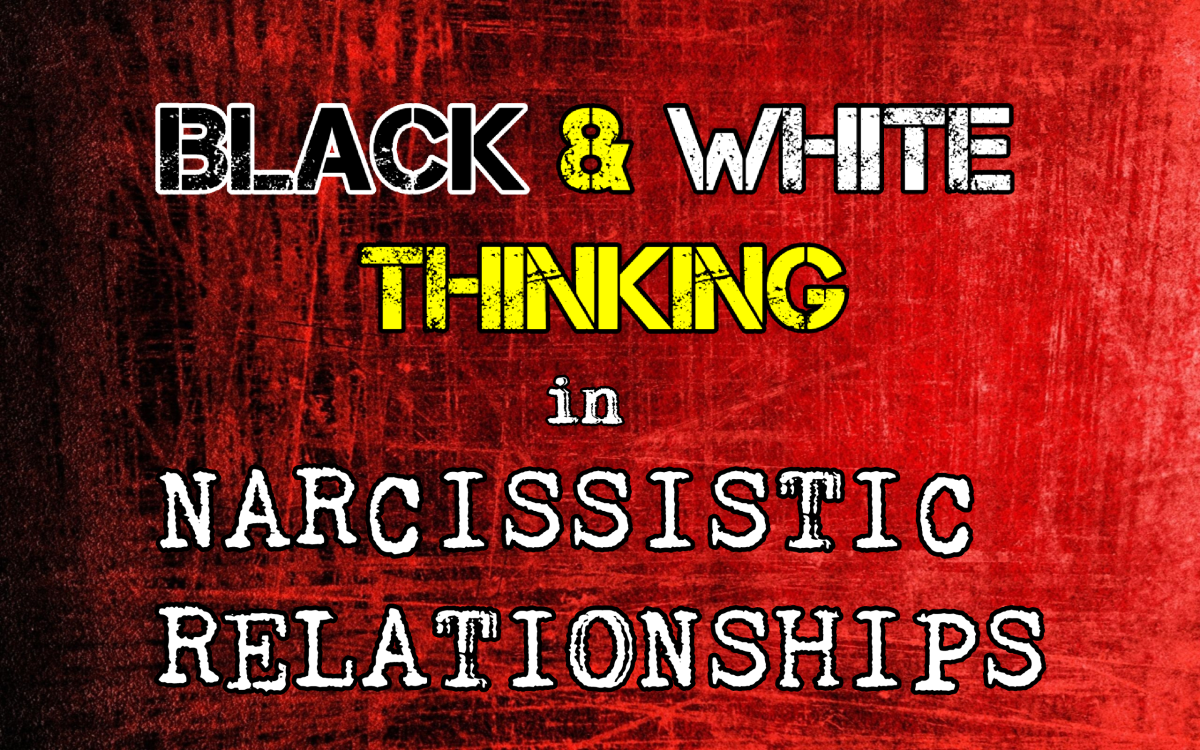Nothing is black or white
Introduction
A lot depends upon your upbringing and those around you as to how long it takes you to realise, if ever, that nothing is black or white. Everything is (in the absence of colour) grey. Unfortunately, we seem to live in times where everyone, especially the media, is obsessed with trying to classify everything in a black or white fashion. "It is either (a) or it is (b). Which is it"? The truth is that nothing is either (a) or (b); it is always somewhere in the middle.
Now you probably have not yet got what the crux is of what I am going to be writing about here, and I'm going to keep the suspense going for a bit with a little experiment.
Black is not black, white is not white.
Gather together some things around you which you would call white. A cup, a piece of paper, a white top, white trousers, white underwear, something made of white plastic, and put them side by side. You will see that none of them are exactly the same colour. You call them all white, but actually they are all slightly different whites. In fact, they are all shades of very light grey (with some tiny amount of colour in too).
Now do the same with things that you call black, and you will see the same - possibly even more differences between things that you would have to call black, but they are clearly all different.
I use this simple experiment to demonstrate that even things we think are white, and call white, are not truly definitively white (otherwise they would all be exactly the same), and things we think are black, and call black, are not truly black. Everything is grey, with a hint of colour.
So what does this all mean?
Now I'm going to get to the crux of this hub. Most people, when they are young, tend to believe that any issue they come across, any argument, any dilemma, has a right and a wrong answer - there is a black and white clarity. One opinion, stance, theory must be wrong, and the opposing one must be right.
As you get older, and you learn more about the world, then, if you are keen to continuously learn, and keep an open mind, you come to a point where you discover that many things are grey - there is no black and white answer. If you continue to learn and expand your mind, you eventually come to realise that nothing is black and white - even things that appear to be absolutely clear and definitive will have some flaw that makes them not pure black and not pure white. Hence my little illustrative experiment above to make the point that even objects that we would say are obviously black or obviously white have variations between them.
Some people go their whole lives believing that there is a black and white answer to everything, or at least to most things, and if their parents took a black and white view of the world, and their friends, and the newspapers they read, etc. then who is going to enlighten them?
Thinking everything is black or white, or even that some things are black or white, is very dangerous in terms of the world getting along peacefully, and the non-acceptance that everything is actually grey, and there is no black and white, has led to every war that ever was, every riot, every fight, and to countless bad deeds and wrong turns.
Polarising issues
Religion is one topic that, perhaps more than anything else, polarises people into black and white views. For every religious believer there is no doubt that their own religion is the correct one, and everyone else's is the wrong one. For atheists, all religion is nonsense.
Which country owns which pieces of land seems to be another polarising issue. Side (a) think the lands belongs to them, side (b) thinks it belongs to them. Never is it considered that it might belong to both of them, or neither of them, or could be shared.
However, whilst these are the "big issues", a polarised, black and white, approach seems to be increasingly permeating the entire world. In my own view, there was a lot more analysis, questioning, exploration of different theories, ability to look at things from different perspectives 20 to 30 years ago, and way back in time before that, than there is now.
Whose fault is it?
I think the blame must initially lie fairly and squarely with the media, although we are all to blame for letting it happen. "The public gets what the public wants" was a phrase made famous in modern times in the lyrics of a song by The Jam, but I don't think they were the first to say it. It is certainly the view expressed by the media to excuse their shallow approach to every matter that they report on. Where is the analysis, where is the approach from different viewpoints, where is the quiet contemplation of what is fact and what is conjecture?
It has all been replaced with sound-bites and polarised views, in a wholly deliberate attempt to create conflict, which in turn is deliberately designed to create sensation, and thus to sell newspapers or gather eyeballs to watch.
"The public doesn't have time, or isn't interested, or doesn't understand a quiet, intellectual, reasoned argument", they say. "They want sensation, they want conflict, to grab and keep their interest".
Unfortunately, whether or not this used to be true, it has become true - a self-fulfilling prophesy, achieved by constantly feeding the public with sound-bites, polarised views, creating conflict, and being too short and snappy to allow time for real thought or analysis. Thus, the public has lost its attention span, and now eschews analysis, deep thought, compromise, considering multiple views, and, as this vicious circle had developed, it has become almost impossible to find a treatment of a matter that meets these criteria. I find this incredibly frustrating.
However, worse still is the danger it presents to the world. We find that almost ubiquitously, consensus on an issue is achieved through little understanding of a small part of the whole picture, through assumption, through a view from one angle only, and once consensus is achieved, no argument is allowed, and policies are made and carried out in support of the consensus, safe in the knowledge that the consensus is the safety net to justify the action taken.
Can we change things?
Of course, sometimes this lack of analysis and thought comes back to bite its perpetrators; a classic recent example being the toppling of Saddam Hussein in Iraq, on the pretext that he had nuclear weapons (or weapons of mass destruction {WMDs}) that he was prepared to use on his own people and the rest of the world. Very quickly, a consensus was achieved that gave no option but to topple the regime and remove the WMDs from Iraq. Unfortunately, no WMDs were ever found - it was all an elaborate bluff by Saddam Hussein, sticking two fingers up to the western world, supported by unsubstantiated evidence from an Iraqi wanting to make a name for himself. The fallout of this was dire in terms of the reputations of the USA and its President at the time, George W. Bush, and on Tony Blair, Prime Minister at the time in the UK.
The question is, has anything been learnt from this to turn things around and bring back proper analysis before action is taken? To a degree, yes, as we have seen a slightly more thought-through approach to the events in Libya before any military action was started, but I still wonder if there has been proper consideration to the myriad of possible outcomes, and how they need to be handled. I suspect that a single outcome is hoped for, and the view is that if it doesn't go that way, then they will work out what to do next when the time comes. I hope I am wrong, but if not, it's a very dangerous approach, which has resulted in the current situations in Afghanistan and Iraq, and a previous situation in Vietnam, for example.
Unfortunately, nothing has changed in the media. Still everything has to be defined in terms of right and wrong, black and white, with no room for discussion of grey, discussion of subtleties, discussion of detail and fine-tuning. Thus, I cannot see how anything will change any time soon, and if the populous behaves in this way, what is going to force the leaders, the politicians, to behave any differently?
Conclusion
There is no doubt in the experienced, well-educated, thoughtful mind, that no issue can be defined in black and white terms. Everything is grey, and thus requires careful analysis and understanding, and searching for other perspectives in order to get to the best way forward. We need to bring back the study of verisimilitude - the appearance of being the truth - and the study of what makes statement (a) truer than statement (b): a philosophical approach to reason, to allow greater, deeper analysis of issues; and this needs to be supported by the media, and thus in turn by the populous. Will it happen? I can't see how.





